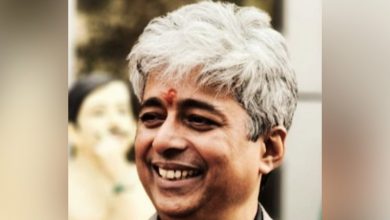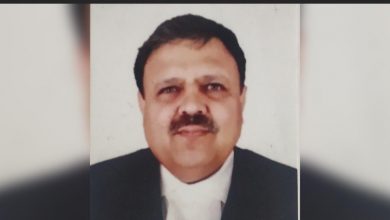
The Supreme Court commenced the hearing from 11 May on a batch of pleas challenging the constitutional validity of ‘triple talaq’, ‘nikah halala’ and polygamy practices among Muslims.
A five-judge Constitution bench headed by Chief Justice JS Khehar will hear seven petitions, including five separate writ petitions filed by Muslim women challenging the practice of triple talaq prevalent in the community and terming it “unconstitutional”.
The bench, also comprising Justices Kurian Joseph, RF Nariman, UU Lalit and Abdul Nazeer, will also take up the main matter on its own as a petition titled “Muslim Women’s quest for equality”.
Interestingly, each judge of the five-member bench, which is hearing the case while officially being on a summer break, belong to different religions. While Chief Justice JS Khehar is a Sikh, Justice Kurian Joseph is a Malayali Christian, Justice Rohinton Nariman belongs to the minuscule Parsi community, while Justice Uday Lalit is a Hindu, Justice Abdul Nazeer is a Muslim.
The first Sikh to become the Chief Justice of India, Khehar has been the Chief Justice of India since January 2017. He was elevated to the Supreme Court on 13 September, 2011, prior to which he had served as the Chief Justice of the Karnataka High Court between 8 August, 2010 and 12 September, 2011. His first appointment as a chief justice of any high court was in November 2009, when he was the top judge of the Uttarakhand High Court.
Before being elevated as a judge of the Punjab and Haryana High Court at Chandigarh on 8 February, 1999, Khehar had practised before it as well as the Himachal Pradesh High Court and the Supreme Court.
File photo of Supreme Court of India. AFPFile photo of Supreme Court of India. AFP
Khehar also presided over the five judges’ constitution bench that had quashed the then Arunachal Pradesh governor Jyoti Prasad Rajkhowa’s decision to pre-pone the assembly session from January 2016 to December as it directed restoration of ousted Chief Minister Nabam Tuki’s government.
He was also a part of the bench which sent Sahara chief Subrata Roy to jail while hearing the matter relating to the refund of money invested by people in his two companies.
Khehar was instrumental as he presided over the constitution bench that junked the National Judicial Appointment Commission as unconstitutional holding that it intruded upon the independence of judiciary.
Born in 1963, Joseph is an alumnus of the Kerala Law Academy Law College. He began his legal career in 1979 in the Kerala High Court. He became a government pleader in 1987 before becoming the Additional Advocate-General in 1994. He was designated as a Senior Advocate in 1996. In 2000, Joseph was elevated as a judge of the Kerala High Court.
Joseph became the Chief Justice of Himachal Pradesh High Court in 2010 and continued to remain in the position till 2013. He was elevated to the Supreme Court on 8 March 2013.
A Parsi, Nariman is the son of distinguished jurist Fali S Nariman. He was a senior counsel at the Supreme Court of India before being elevated as a judge in the apex court on 7 July 2014. Notably, Nariman also served as India’s solicitor-general between 27 July 2011 and 4 February 2013.
Beginning his legal career in 1979, the 60-year-old jurist became a senior counsel in the Supreme Court in 1993. He is also known as a scholar on the Zoroastrian faith.
Justice Lalit was appointed as a judge in the apex court in July 2014. Lalit had famously represented Amit Shah in the Tulsi Prajapati encounter case in the Supreme Court. He was also a special prosecutor in the 2G spectrum allocation case.
Lalit is known a slew of high profile cases. He represented the government, opposing Dr Binayak Sen’s bail plea when he was held on sedition charges. He has represented Punjab chief minister Amarinder Singh in a corruption case as well as his cabinet colleague Navjot Singh Sidhu in a culpable homicide case.
Lalit, who hails from Maharashtra, joined the Bar in June 1983 and had been practising in the apex court between 1986 and 2014. He has also worked with the former Attorney-General, Soli J Sorabjee, from 1986 to 1992.
Justice Abdul Nazeer was born in 1958 in Karnataka’s Moodbidri. According to Udayavani, a Kannada newspaper, Nazeer completed his B.Com degree at Mahaveera College in Moodbidri before obtaining a law degree from SDM Law College. He enrolled as an advocate in 1983 before being elevated as an additional judge of the Karnataka High Court in 2003. He became a permanent judge of the Karnataka High Court on 24 September 2004. Nazeer was elevated to the Supreme Court in February 2017.







